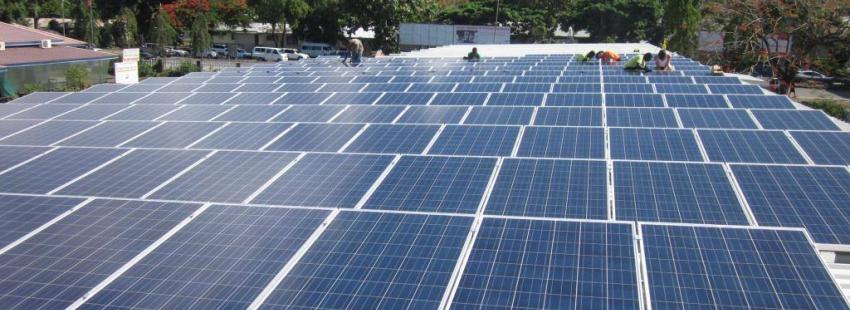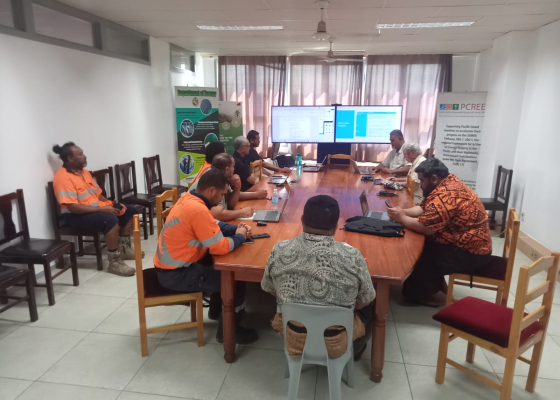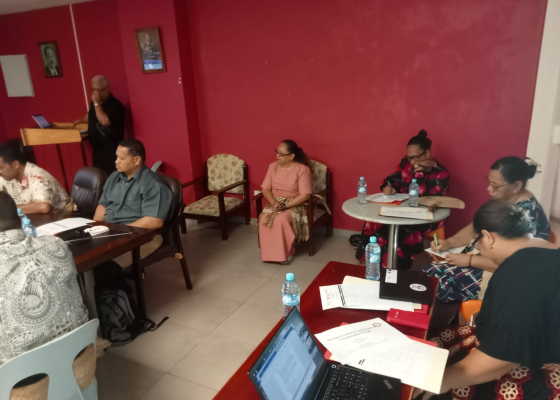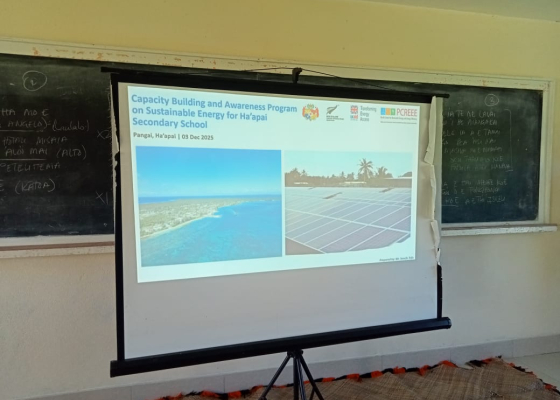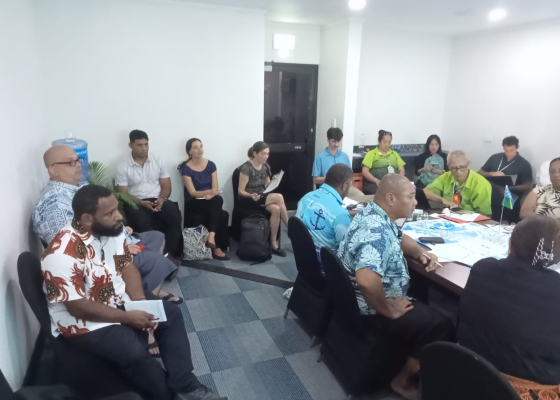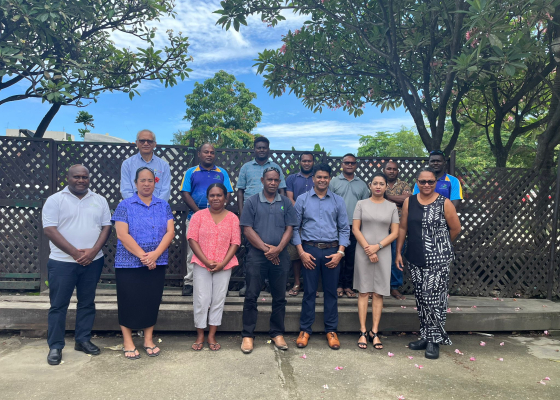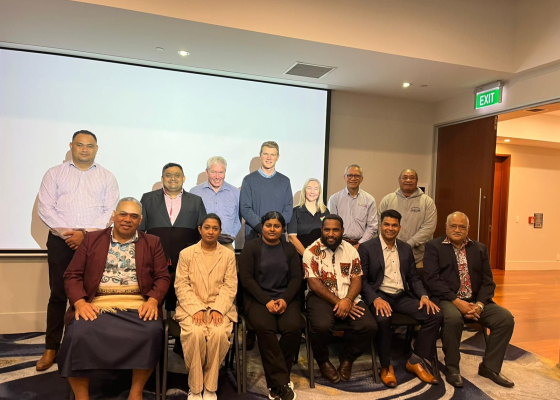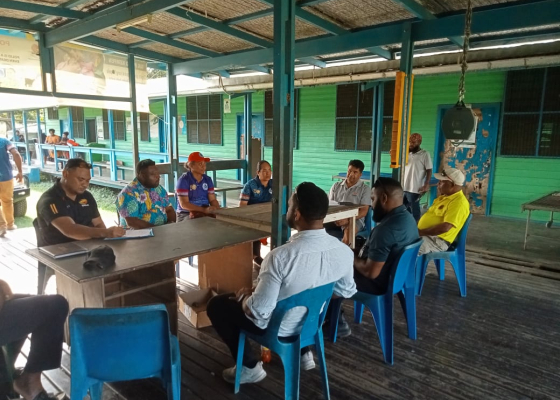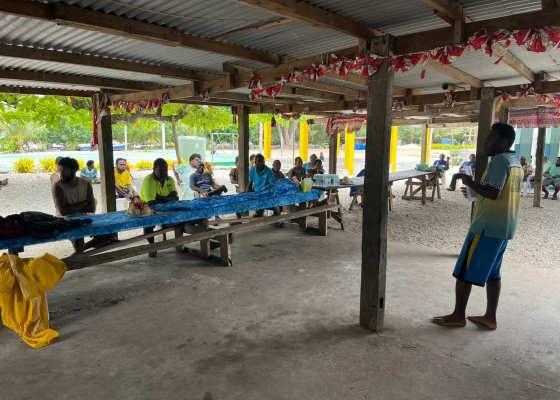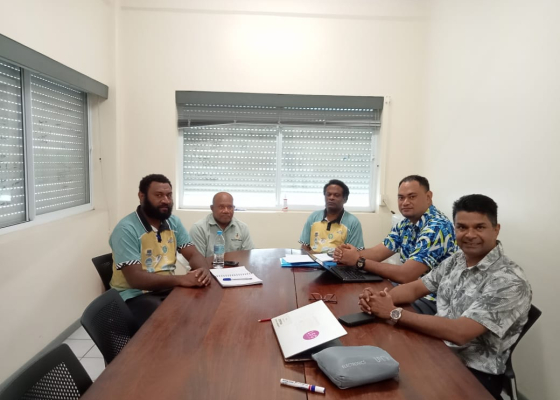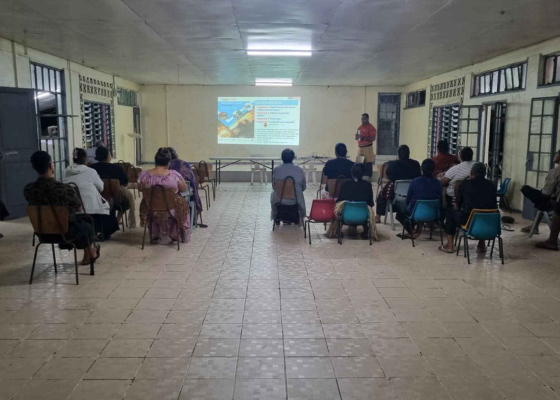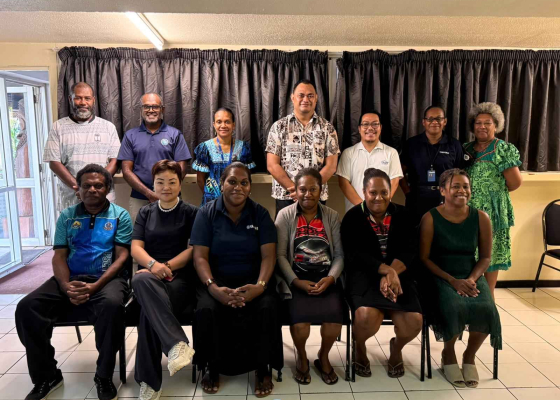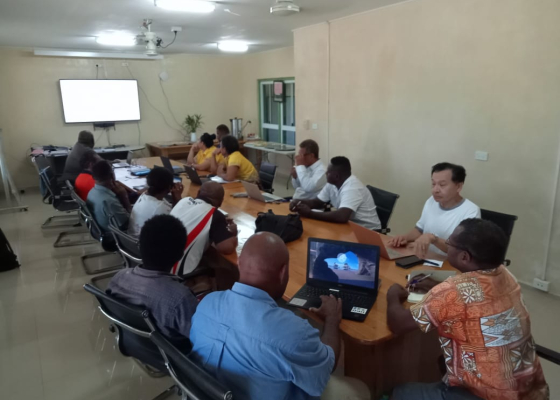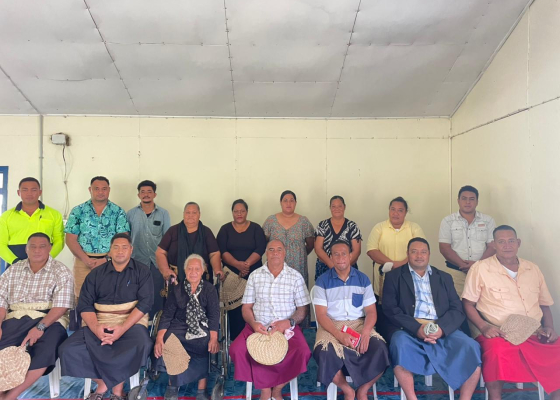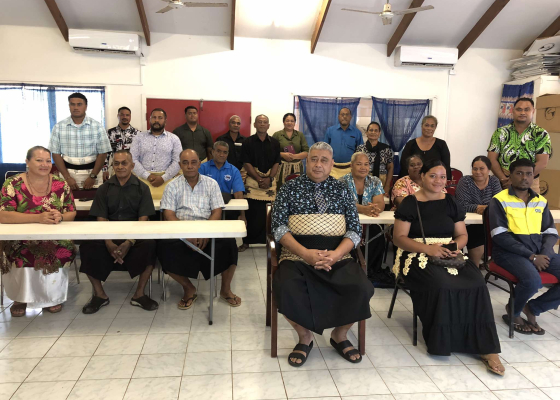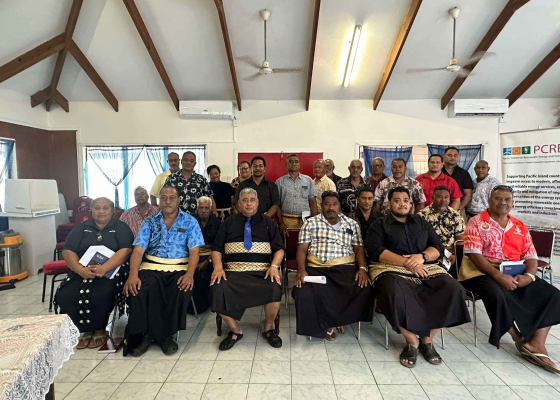Renewable Energy Adds Value to the Health Sector of the Solomon Is
The key focus of the Pacific Community's Pacific Centre for Renewable Energy and Energy Efficiency is on the private sector and industry, while at the same time supporting targeted RE & EE programs to enhance the productivity and competitiveness of key industries with high job leverage in the Pacific (e.g. agriculture, tourism, fishery, manufacturing, creative industry). While health is not regarded as an economic productive sector, it has promising opportunities for the widespread utilisaton of feasible renewable energy and energy effiicency technologies. The PCREEE therefore wishes to acknowledge the hard work of organisatons such as the Fred Hollows Foundation of NZ in promoting RE and EE in the health sector.
The Fred Hollows Foundation NZ in partnership with the Solomon Islands Government and the New Zealand Aid Programme built a 900m² Regional Eye Centre (REC) at the National Referral Hospital in Honiara, which opened its doors in August 2015. Critical design challenges included meeting international cyclone and earthquake standards as well as being resistant to the notorious termites. Of all however, the most significant was providing a clean, stable, ‘green’, cost-effective power supply solution to protect expensive, sensitive eye care equipment and beat the exorbitant cost of grid supplied power.
The medical requirements of HEPA filtered, positive pressure air-conditioning specified for the operating theatre in addition to other air-conditioning, lighting and sensitive equipment, meant that the power use would be expensive if grid power was used. A purpose-specific solar power system was designed, despite concerns raised about reliability and the technology’s suitability for a public health facility in Solomon Islands.
With average daily temperatures reaching above 30 degrees centigrade and the entire roof (800 m²) being covered in solar panels, the system is capable of producing up to 450kw/day. This generates savings of US$400/day at current Solomon Island prices repaying the original investment within five years. Of even greater value are the twin benefits of reliability and stable power without surges damaging sensitive equipment. Currently the REC only uses 270kw/weekday with significant additional capacity to compensate for overcast days. Therefore, usage of the backup diesel generator is minimal. The clinic also relies entirely on rainwater and has its own sewerage system.
In comparison to other clinics The Fred Hollows Foundation NZ has previously built and managed in the Pacific region, solar power is a dramatic improvement over unreliable grid supply. Solar provides a very cost effective ‘green’ solution to the need for reliable, clean power for eye care facilities if funding for the initial investment can be secured. The system has exceeded our expectations and is, in our view, a model for eye care facilities across the world where suitable maintenance services are available. In the new clinic’s first year of operation however, the number of patients visiting the clinic tripled, and the eye team saw a 26% increase in surgical numbers. Since August 2015, the Regional Eye Centre has seen over 50,000 patients and performed over 4000 eye surgeries.
The Fred Hollows Foundation NZ is currently engaged in renovating the eye clinic at Vila Central Hospital in Vanuatu. The design has followed the example of the Regional Eye Centre – fully equipped with solar panels to dramatically reduce the running costs of the clinic by providing free and clean energy to the Ministry of Health. The clinic is due to open its doors in February 2019.
Find out more about the Foundation’s work in this space in the Pacific region, please contact Jade Jackson, Sustainable Development Adviser for The Fred Hollows Foundation NZ at jjackson@hollows.nz
Credit: The Fred Hollows Foundation NZ
Upcoming Events
-
03/02/2026 to 03/03/2026
-
03/25/2026 to 03/26/2026
-
04/09/2026 to 04/10/2026
-
04/27/2026
-
04/27/2026 to 04/29/2026

